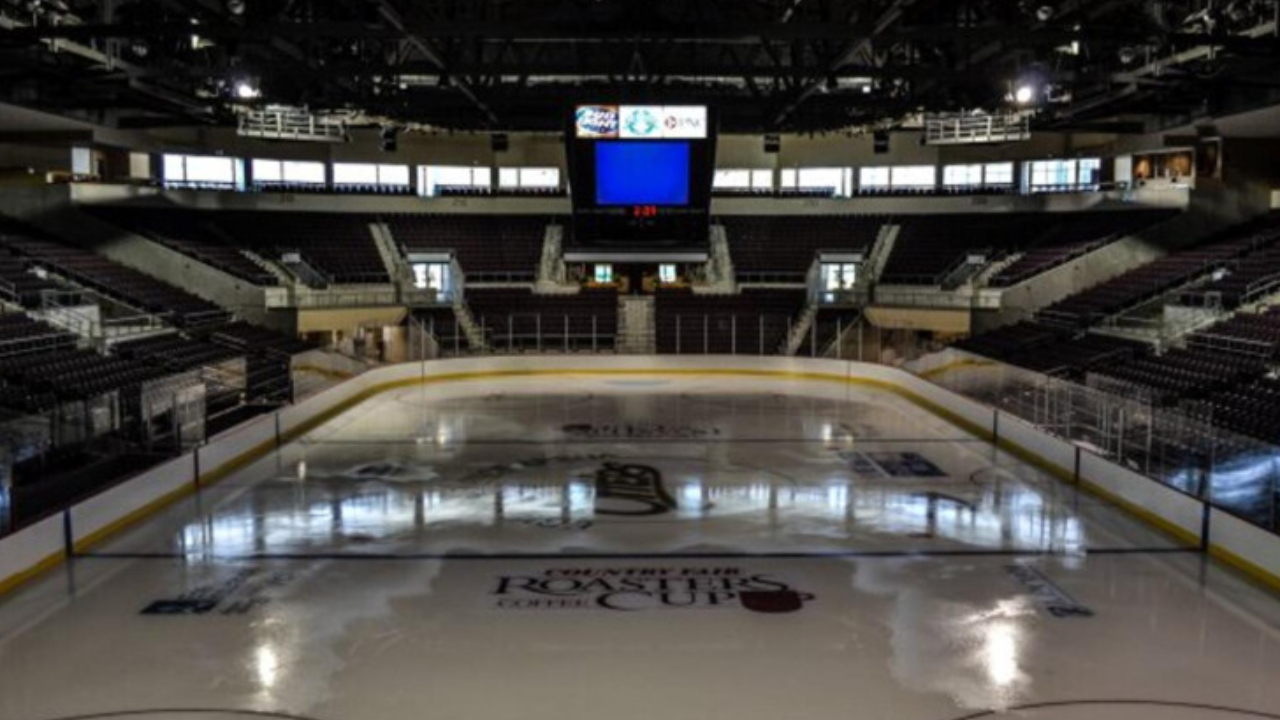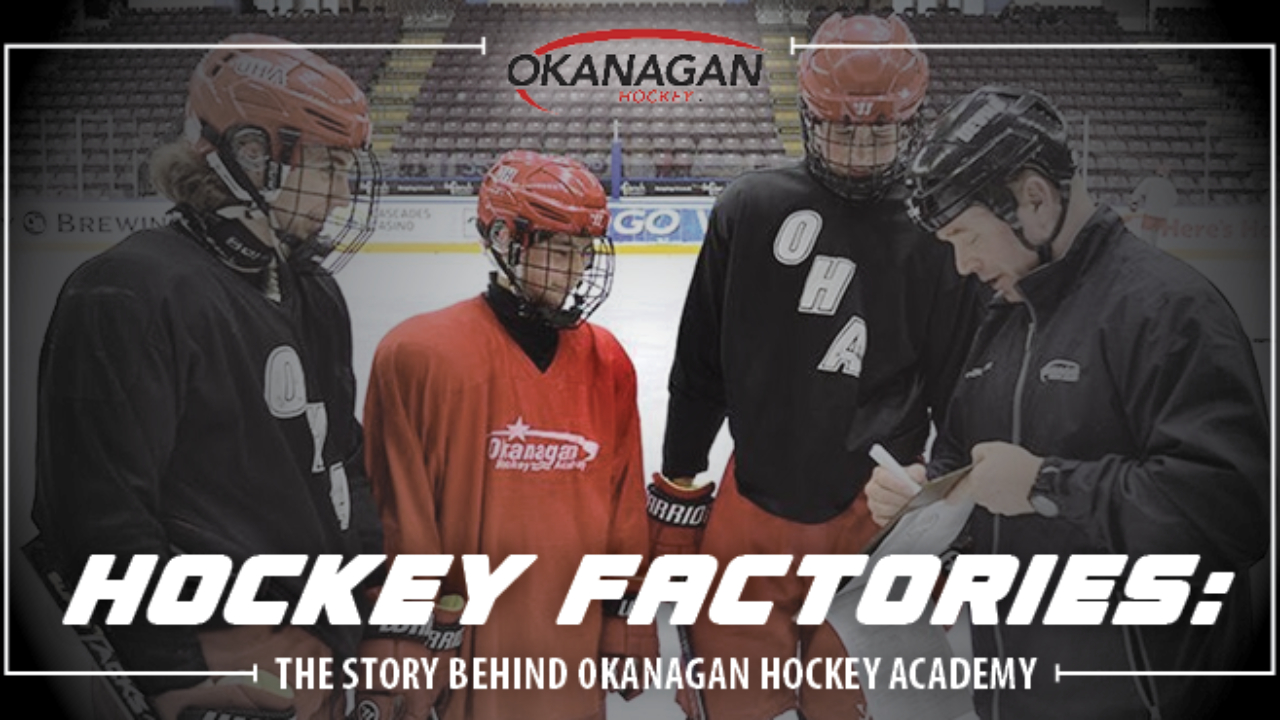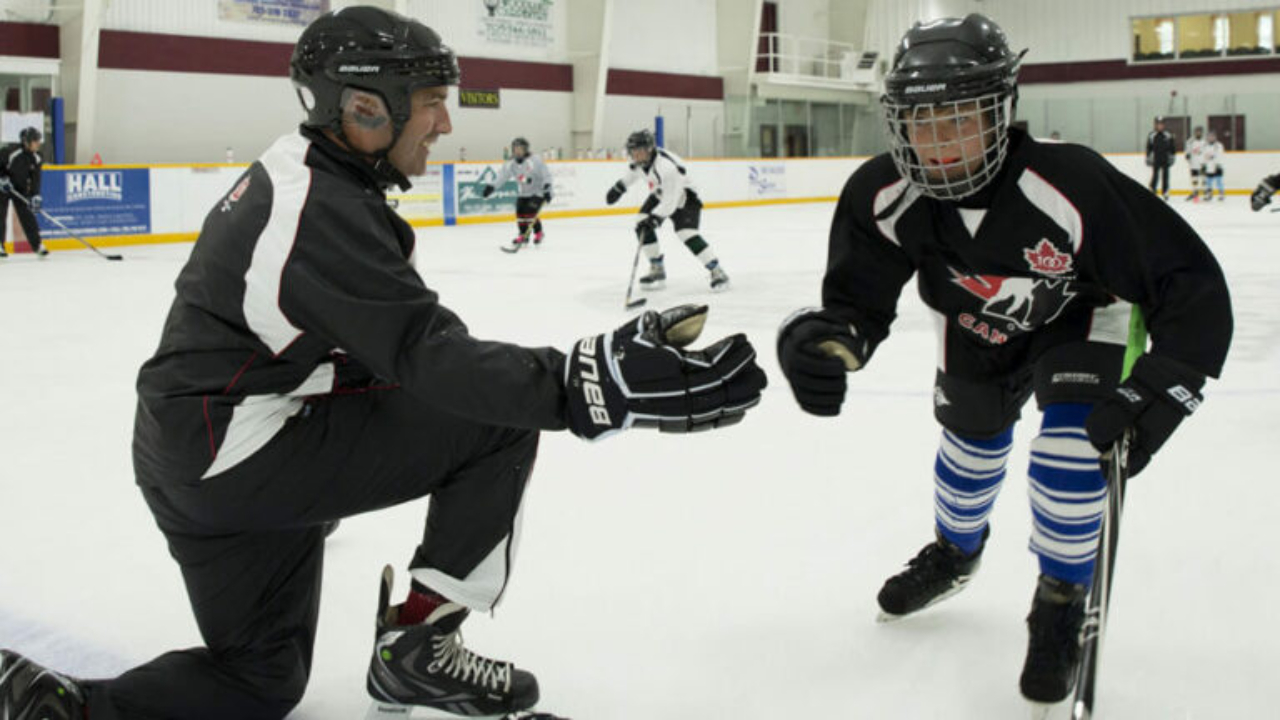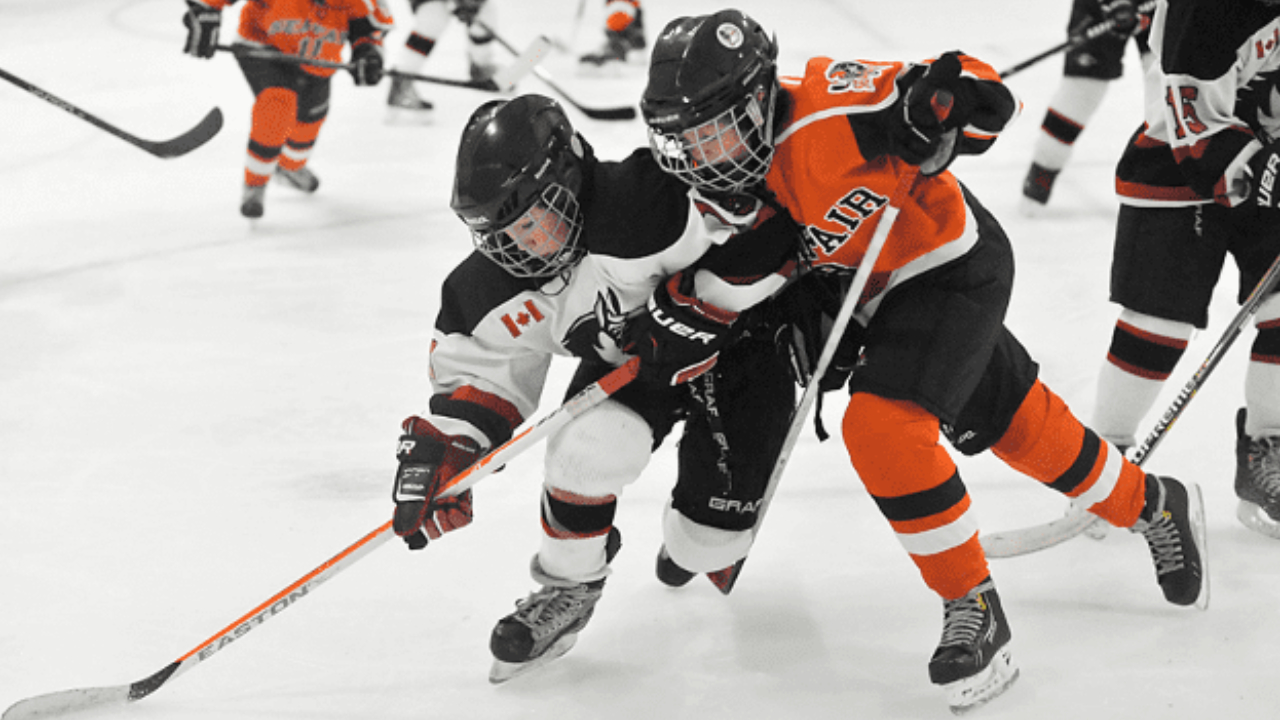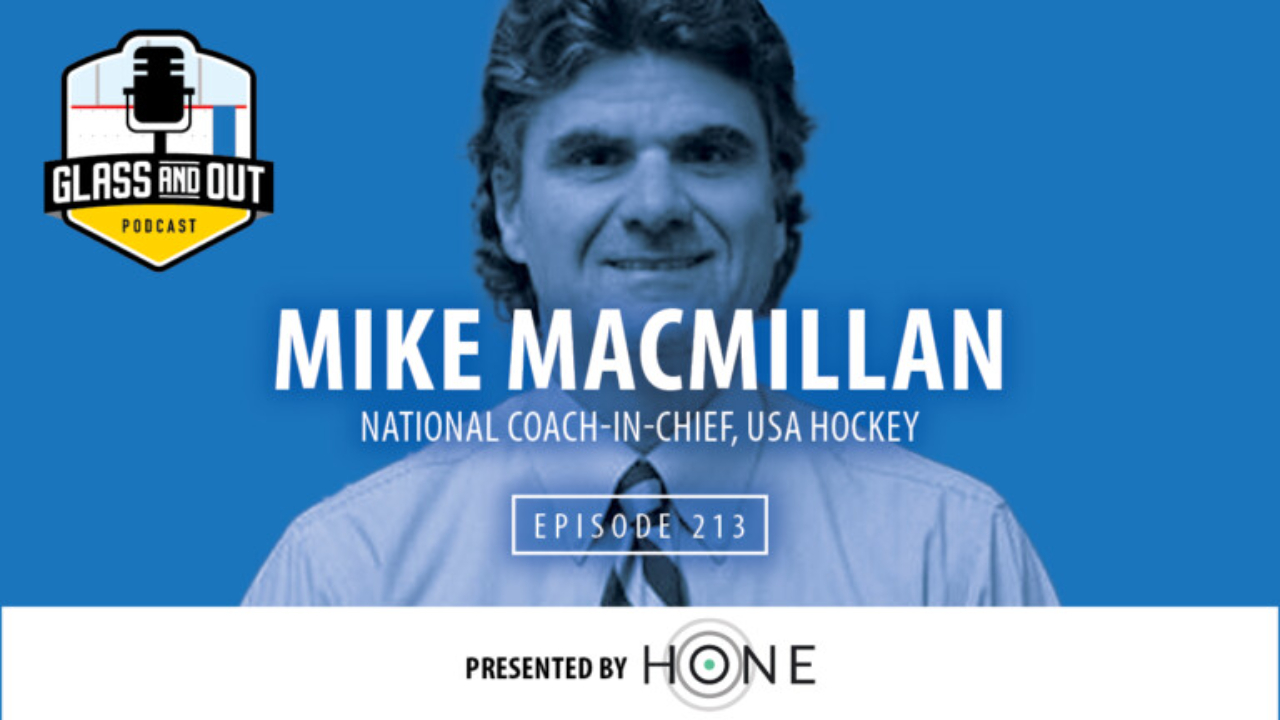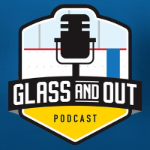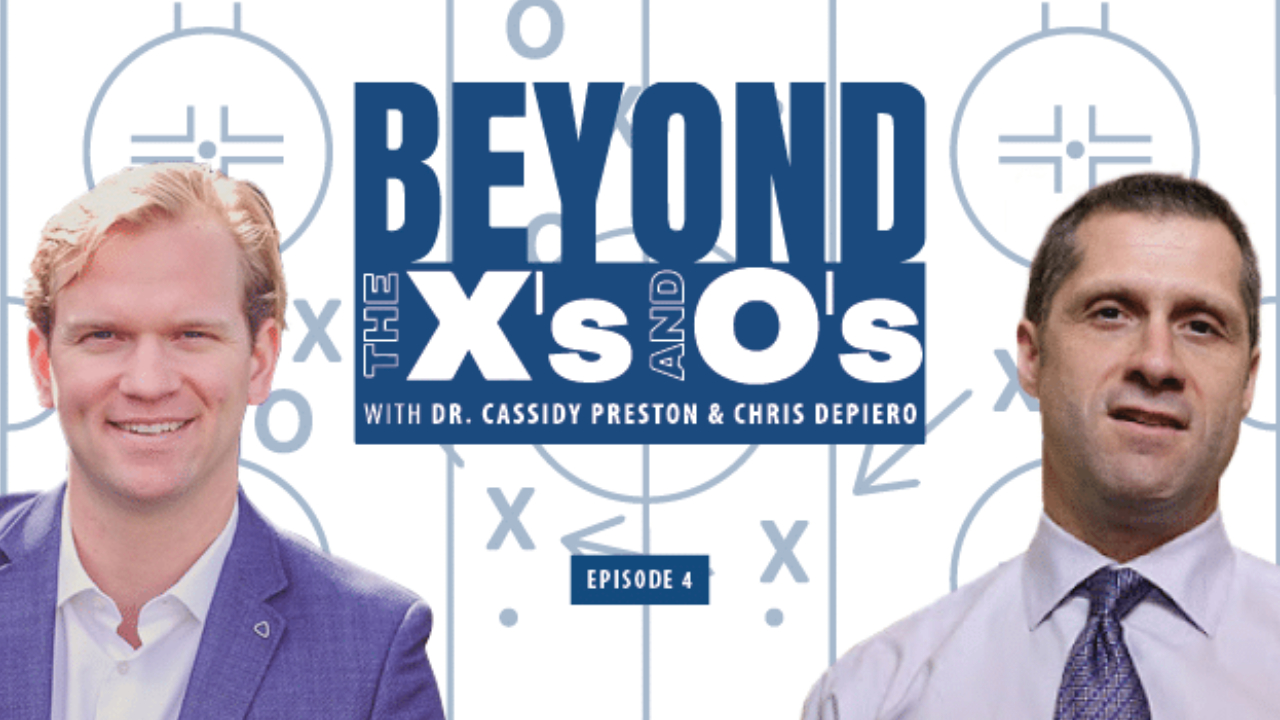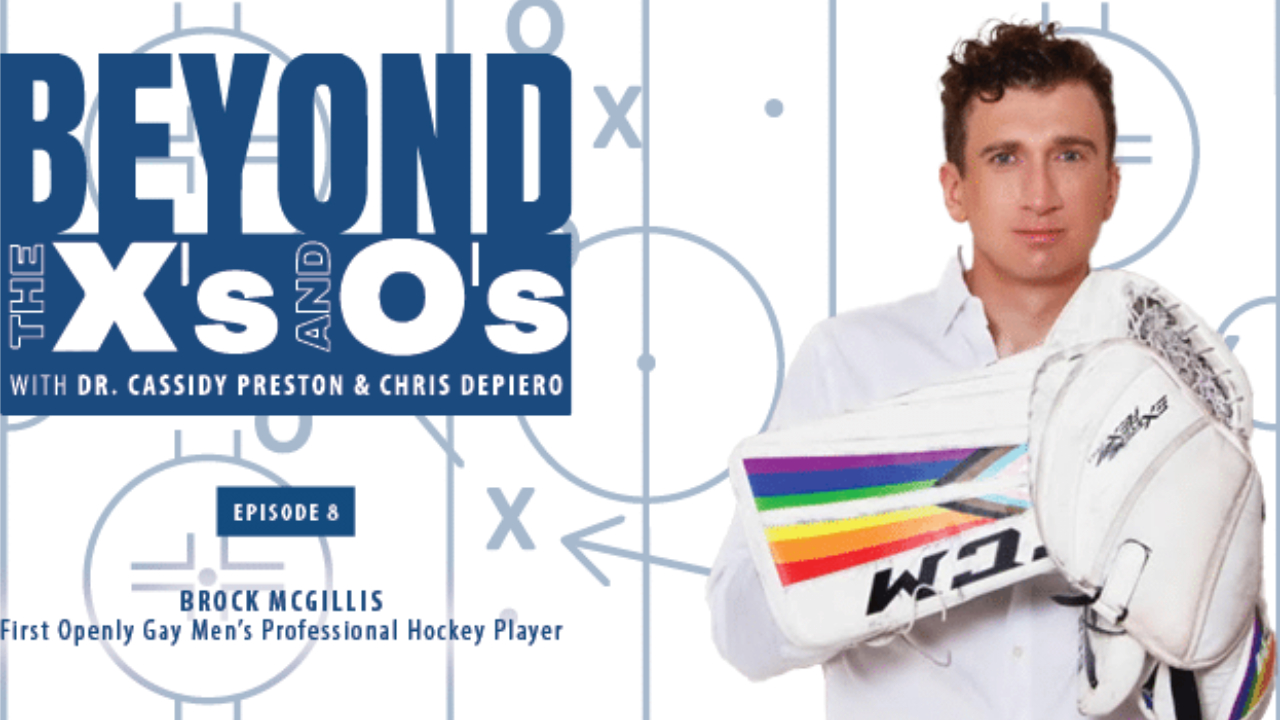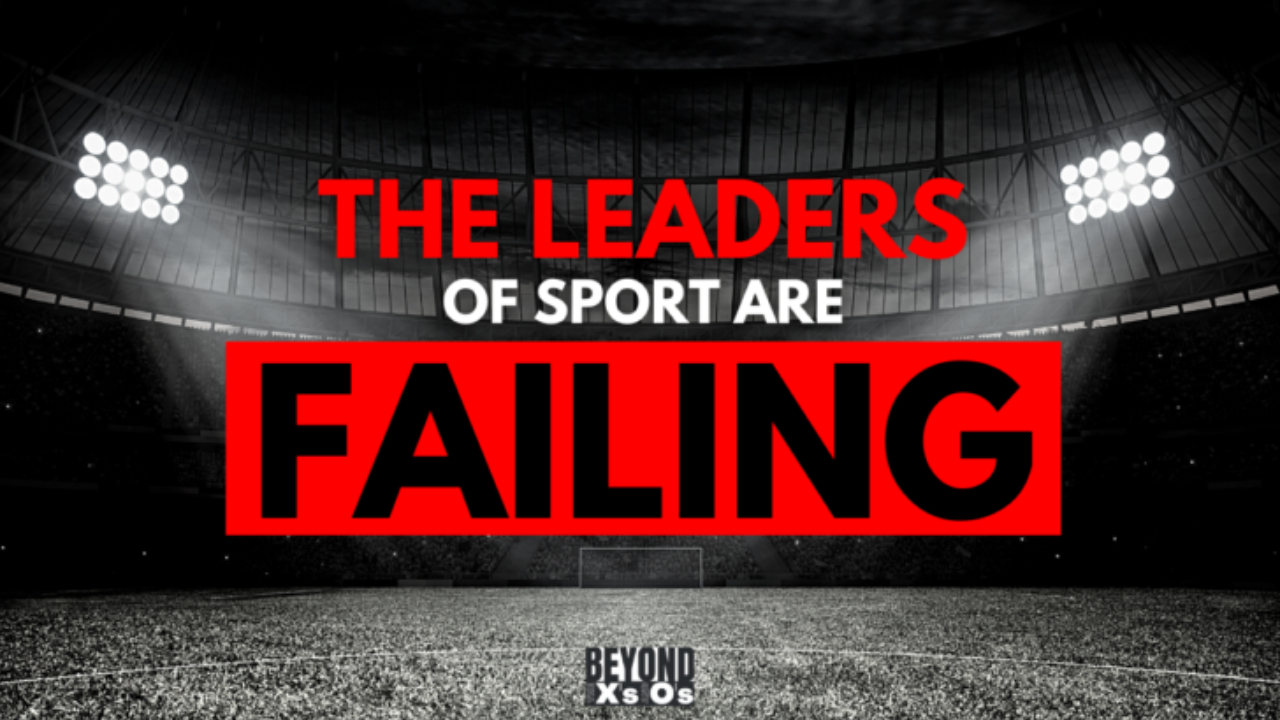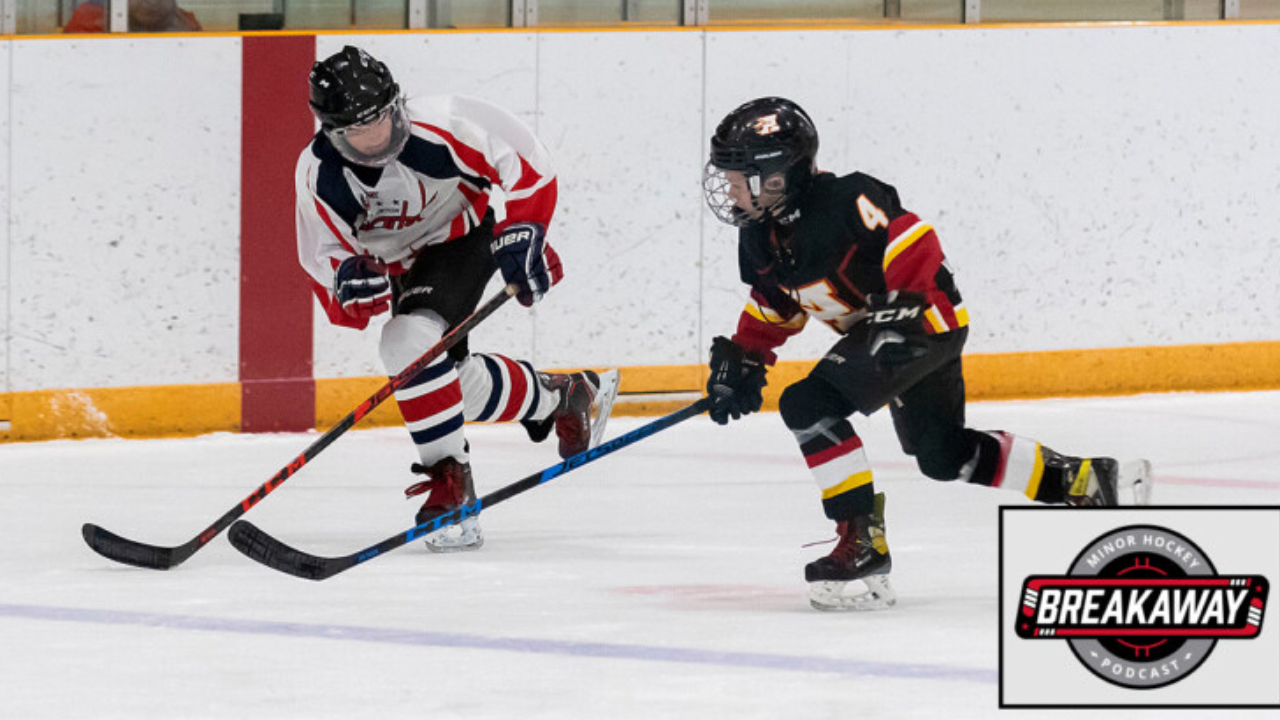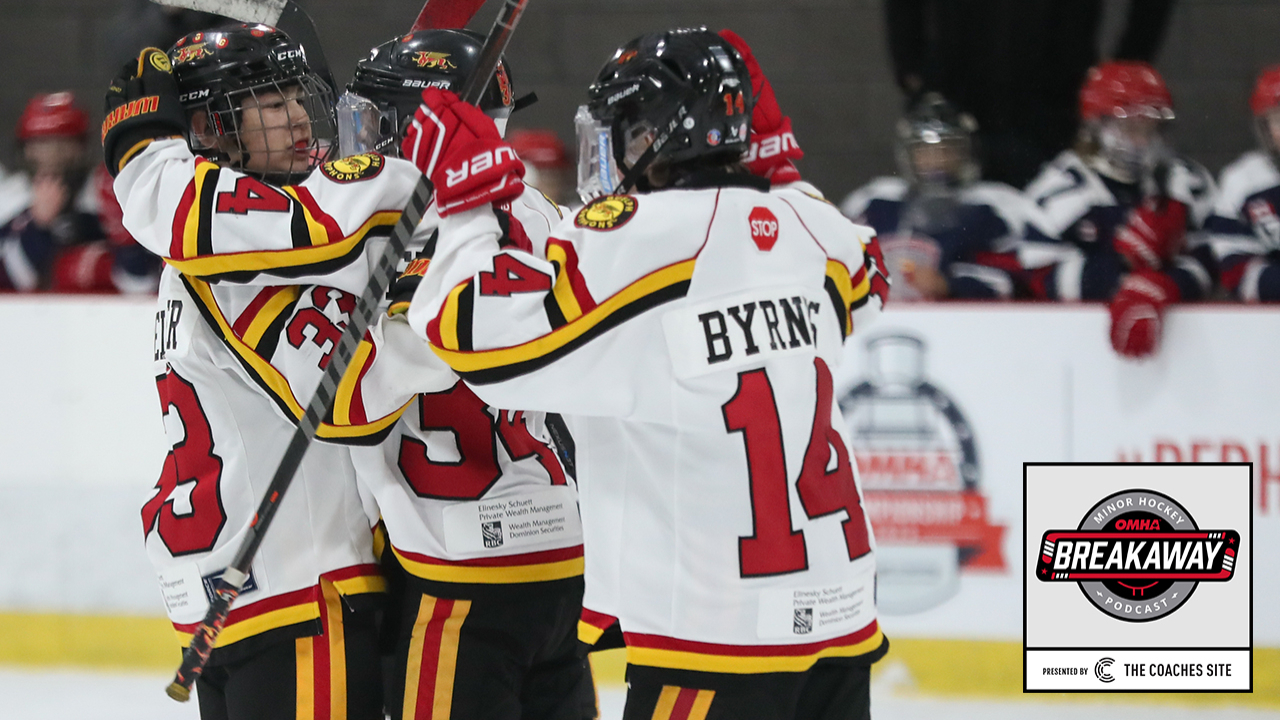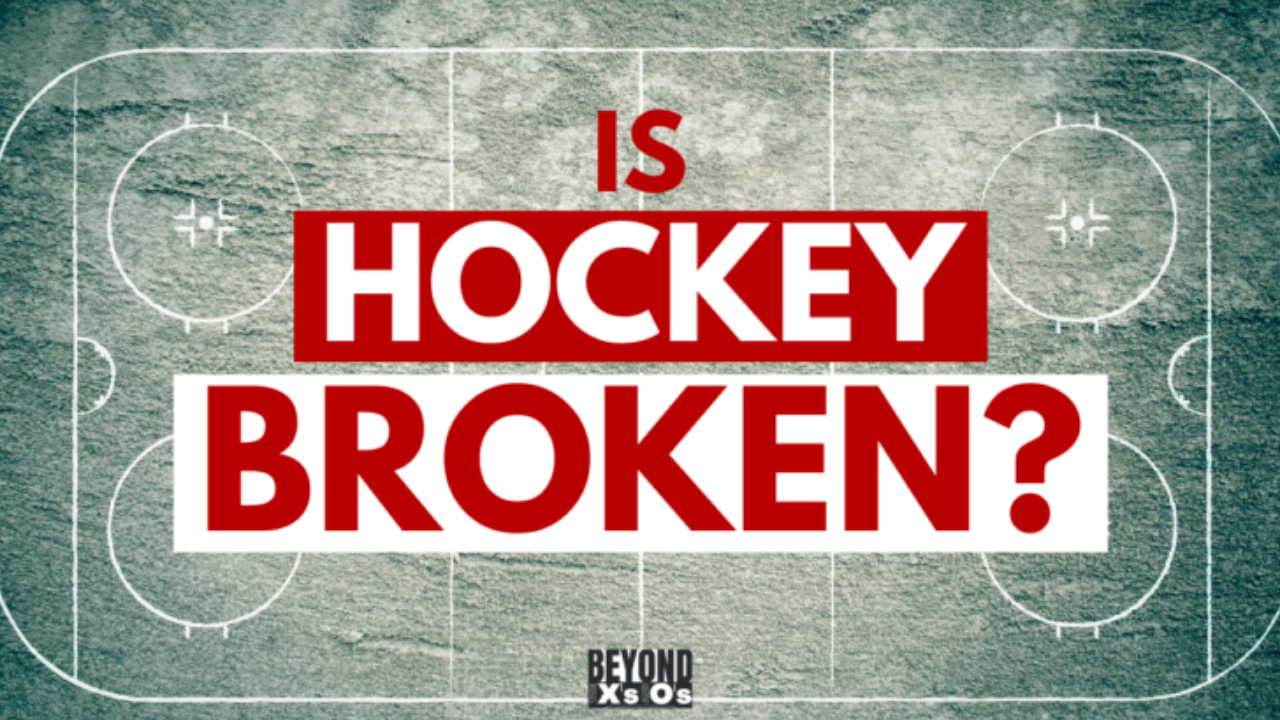
Most people in hockey have good intentions but it is the structure of the game that does not foster an optimal environment.
Subscribe: Apple Podcasts | Spotify
It is a hard yes – hockey is broken.
This has a lot more to do with the structure than the people.
Most people in hockey have good intentions but it is the structure of the game that does not foster an optimal environment.
As a result, destructive behaviours and practices are normalized and repeated at all levels. Here some of the top signs that the structure of hockey is broken:
-
Neglect
At the junior levels a significant number of players are being consistently scratched and getting limited playing time – these are 16 and 17 year old kids that are being sidelined during the peak years of their development – this is NOT development. This trickles down into minor hockey as well. But what is worse is when most players get decreased playing time or get scratched they don’t even get a word from the coach. This is neglect and it is recognized as one of the worst forms of emotional abuse – it leaves players feeling like the coaches don’t care about them. They feel lost in the dark – not knowing what they can do about their situation. This is wrong but it’s far too common at all levels within the game of hockey. We touched on this in numerous episodes during season 2 of the podcast: A Declaration of War Against the ‘Old-School’ Coaching Mentality. -
Prejudice
Hockey has been under the microscope for a lot of issues of which include: homophobia, racism, and misogyny. Fortunately Brock McGillis has been a beacon of light within the hockey community. But as Brock highlights, we need to continuously challenge the status quo when it comes to the cultural norms within the hockey community. The insular nature of hockey promotes conformity – which can make it difficult to change problematic language and behaviours that are embedded in the culture. In order for hockey to truly be inclusive and make real change, the gatekeepers and leaders need to continuously evolve, humanize the issues, and be at the forefront of shifting the culture – not just in hockey but also in society. -
$$$
The privatization of ice, development, teams, organizations, and leagues have skyrocketed the price to play the game. There are a slew of issues that come from this. Not only does this make a significant barrier to entry and development – it also rewards people in leadership positions to make decisions that are not in the best interest of development. Instead, those in leadership positions are focused on the short-term results of winning, keeping their job and maximizing financial gains.
Can it be fixed?
It is less about ‘fixing it’ per-say but rather about getting better. But in order to improve something there needs to be clear measures of what to improve upon.
We don’t pretend to have all the answers but our opinions on measures that should be prioritized, tracked, and regularly shared by governing bodies include:
-
Retention Rates – the number of kids coming back year over year
-
Net Promoter Score – comes from the business world and is about how satisfied a client (athlete) is with their service, product or experience
-
Abuse Claims – clearly there is a need to decrease all forms of abuse
Does this mean we shouldn’t care about Gold Medals? No – those are great and in fact, improving the structure and experience for players will lead to better development and even higher probabilities of Gold Medals.
The concern is not that Hockey Canada prides itself on winning Gold Medals, but that it does not seem to pride itself enough about increasing retention rates, creating positive experiences, and ensuring a safe sporting environment.
We don’t know everything going on with every league and behind all the closed doors, but from our perspective we stand by this proclamation that Hockey Is Broken.
The question to ask is what are we going to do about it?
The answer is better leadership at all levels is needed to fix this structure.
The bottom-up approach calls on coaches and organizations to go Beyond the X’s and O’s, do things differently, and raise their standards for the betterment of the athletes. There are coaches and organizations stepping up and we are hopeful that this number continues to grow.
However, at what point will we see a top-down approach where Hockey Canada, provincial governing bodies, and the leagues make some bold and necessary decisions to change the structure, challenge normalized practices, and enforce a higher-standard for the game of hockey.
Reach out, comment or share your opinions as we continue to go Beyond the X’s and O’s.

